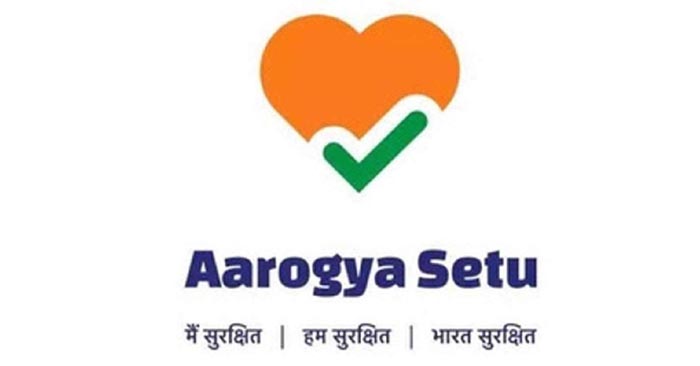Mandatory enforcement of “Aarogya Setu” app is illegal

The central government has forced the mobile app, called Aarogya Setu, at a time when the privacy concerns of individuals are actively engaged in anti-COVID measures. The Center has made it mandatory for government and private sector employees to use the health-care mobile app.
The government has stated that it is the responsibility of the respective institutions to ensure that this is fully implemented. The Department of Personnel Affairs has ordered the use of this application, which provides information including contract warning, on mobile phones, including those working on a contract basis. The government has recommended that all residents of the Containment Zone (hotspot) must use it.
The application was implemented by the central government as part of COVID-19 defence efforts in collaboration with the Ministry of Electronics and IT. The aim was to raise awareness regarding coronavirus infections. From the very beginning, doubts have been raised about privacy standards for the health service. The main objection is that privacy and healthcare-related issues are raised in terms of the use of the app.
The health and safety of the people is the responsibility of the government. Not only the central government but the state governments and the people are also working together. In the meantime, the central government has not been able to give a clear answer to the question as to why it violates human rights and the right to privacy. Meanwhile, the Central Government has issued a directive to make the Aarogya Setu mandatory. Several organizations such as Amnesty India, PUCL and Indian Journalist Union have written to the Prime Minister’s Office against this move.
The complaint alleges that Healthcare App failed to comply with internationally recognized data protection principles recognized by the Honorable Supreme Court. A Supreme Court ruling in 2017 acknowledged that privacy is a fundamental right. The court acknowledged that in some cases, the use of technologies was justified in order to achieve a legitimate goal, but in such cases, only in a necessary and proportionate manner.
The provisions of the Draft Data for Digital Information Security Act provide for the protection of the confidentiality of digital health information and associated personally identifiable information. The draft law also requires consent to the collection and sharing of health information of individuals. It also proposed restrictions on the use of health information by others.
It is important to understand that although there is currently no comprehensive data protection legislation, the Government and the Tribunal have recognized the importance of protecting the health information of individuals. It is in this context that there are doubts about the mandate of the Health Service App to raise concerns about the privacy of individuals.
When everyone insists that the Health Service App is installed, it equates to denying the rights of individuals. Provides access to personal health information during installation. The provision that the information should not be accessed without the permission of the individual is already valid, as it is illegal to force the installation to be possible only when the information is provided. In this context, making the health service app mandatory without making it more transparent and ensuring personal information security is a violation of the rights and information security provisions of individuals.






